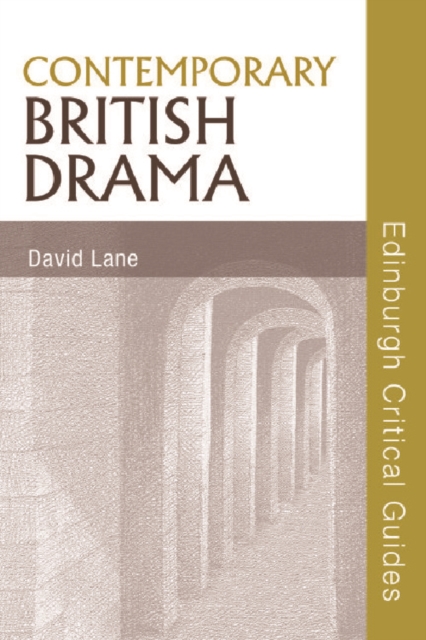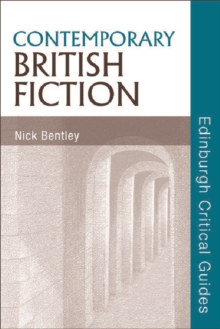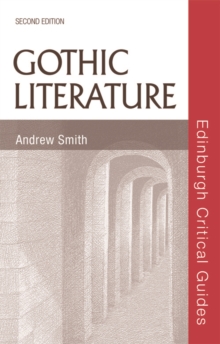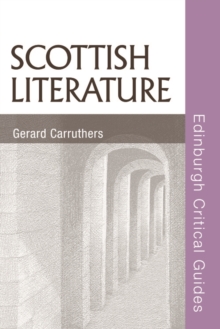
Contemporary British Drama Paperback / softback
by David Lane
Part of the Edinburgh Critical Guides to Literature series
Paperback / softback
Description
This book provides a critical assessment of dramatic literature since 1995, situating texts, companies and writers in a cultural, political and social context.
It examines the shifting role of the playwright, the dominant genres and emerging styles of the past decade and how they are related.
Beginning with an examination of how dramatic literature and the writer are placed in the contemporary theatre, the book then provides detailed analyses of the texts, companies and writing processes involved in six different professional contexts: new writing, verbatim theatre, writing and devising, Black and Asian theatre, writing for young people and adaptation and transposition.
The chapters cover contemporary practitioners, including Simon Stephens, Gregory Burke, Robin Soans, Alecky Blythe, Kneehigh Theatre, Punchdrunk, Kwame Kwei-Armah, Edward Bond, Filter Theatre and Headlong, and offers detailed case-studies and examples of their work. Key Features * The first book to examine contemporary British drama from the In-Yer-Face era (1995 - 2000) to the present day and track the changes and developments through this period * Extended case-studies of Simon Stephens, Gregory Burke and Caryl Churchill and the last decade of new writing in Britain * Focus on recent adaptation, including Kneehigh Theatre, Punchdrunk, Filter Theatre and Headlong
Information
-
Available to Order - This title is available to order, with delivery expected within 2 weeks
- Format:Paperback / softback
- Pages:240 pages
- Publisher:Edinburgh University Press
- Publication Date:09/09/2010
- Category:
- ISBN:9780748638222
Other Formats
- Hardback from £66.49
- EPUB from £18.69
Information
-
Available to Order - This title is available to order, with delivery expected within 2 weeks
- Format:Paperback / softback
- Pages:240 pages
- Publisher:Edinburgh University Press
- Publication Date:09/09/2010
- Category:
- ISBN:9780748638222










